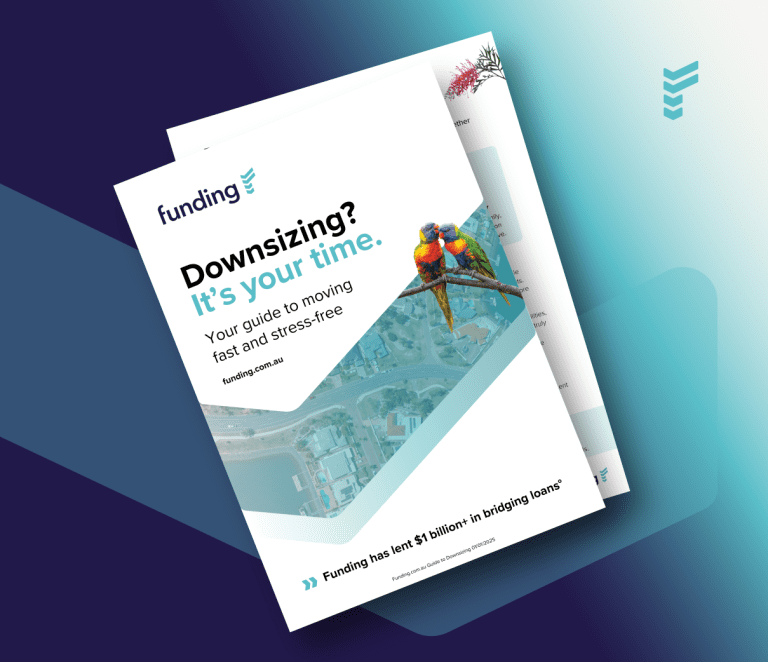Real estate refers to the land, buildings, and natural resources on that land, including residential, commercial, and industrial properties. It encompasses the physical property itself and the rights to use and enjoy that property. Real estate can be owned, leased, or rented, and it plays a significant role in the economy, investment portfolios, and personal wealth.
Importance of understanding real estate
Investment opportunities
Real estate is a major investment vehicle that can provide steady income, potential for appreciation, and diversification within an investment portfolio. Understanding real estate helps investors make informed decisions about buying, selling, and managing properties.
Economic impact
Real estate significantly impacts the economy, influencing job creation, consumer spending, and economic growth. Understanding the real estate market can provide insights into broader economic trends.
Personal wealth
For many individuals, real estate represents a significant portion of their personal wealth. Homeownership provides stability, a sense of community, and financial security through property value appreciation.
Legal and regulatory considerations
Real estate transactions are subject to numerous laws and regulations. Understanding these legal aspects is crucial for property buyers, sellers, and investors to ensure compliance and protect their interests.
Key types of real estate
Residential real estate
Residential real estate includes properties designed for people to live in, such as houses, units, and townhouses. This type of real estate is often the largest investment for individuals and families.
Commercial real estate
Commercial real estate consists of properties used for business purposes, such as office buildings, retail spaces, hotels, and shopping centres. These properties generate income through leases to businesses.
Industrial real estate
Industrial real estate includes properties used for manufacturing, production, distribution, and storage, such as factories, warehouses, and logistics centres. These properties support various industries and supply chains.
Agricultural real estate
Agricultural real estate encompasses farmland, ranches, and orchards used for farming and livestock production. This type of real estate is essential for the agricultural industry and food supply.
Mixed-use real estate
Mixed-use real estate combines residential, commercial, and sometimes industrial uses within a single property or development. These properties create integrated communities where people can live, work, and shop.
Pros and cons of real estate investment
Pros
- Potential for appreciation: Real estate can increase in value over time, providing capital gains for investors.
- Steady income: Rental properties generate regular income through tenant payments.
- Tax benefits: Investors can take advantage of various tax deductions, such as mortgage interest, property depreciation, and maintenance costs.
- Tangible asset: Real estate is a physical asset that provides a sense of security and stability.
Cons
- High entry costs: Purchasing real estate requires significant capital investment, including down payments and transaction fees.
- Maintenance and management: Real estate requires ongoing maintenance and management, which can be time-consuming and costly.
- Market risk: Real estate values can fluctuate based on market conditions, economic factors, and location-specific issues.
- Illiquidity: Real estate is not as easily bought or sold as stocks or bonds, making it a less liquid investment.
Applications of real estate
Homeownership
Homeownership provides individuals and families with a place to live and build equity over time. It is often considered a long-term investment that can provide financial stability and wealth accumulation.
Rental properties
Investing in rental properties allows individuals to generate passive income through tenant payments. This can include residential rentals, commercial leases, or short-term vacation rentals.
Real estate development
Real estate development involves purchasing land or properties, improving them, and selling or leasing them for a profit. Developers create new residential communities, commercial spaces, and mixed-use developments.
Real estate investment trusts (REITs)
REITs are companies that own, operate, or finance income-producing real estate. Investors can buy shares in REITs to gain exposure to the real estate market without directly owning properties.
Real estate flipping
Flipping involves purchasing properties, renovating them, and selling them quickly for a profit. This strategy requires knowledge of the real estate market, renovation skills, and capital investment.
Real estate in action
Consider a couple in Gympie who decide to invest in real estate by purchasing a rental property. They find a suitable apartment in a desirable neighbourhood and secure a building loan to finance the purchase. After buying the property, they make necessary renovations and find tenants to rent the apartment. The rental income provides a steady cash flow, and over time, the property appreciates in value, increasing their investment's worth.
- Investment: Purchasing a rental property in Gympie.
- Financing: Securing a building loan to finance the purchase.
- Renovation: Making necessary improvements to the property.
- Income: Generating rental income from tenants.
- Appreciation: Benefiting from the property's increased value over time.
Loans and trusts
Real estate investments often require significant capital, making loans an essential part of the process. A bridging loan can help investors purchase a new property while waiting for an existing property to sell. Building loans provide funds for construction or renovation projects, essential for property development and flipping. Additionally, real estate can be held in income trusts, which manage rental income and distribute it to beneficiaries, providing tax advantages and asset protection.
External link
For more information on real estate and its implications, visit the Real Estate Institute of Australia (REIA) website.
Conclusion
Real estate is a vital component of the economy and a significant investment vehicle for individuals and businesses. Understanding the different types of real estate, the benefits and risks of investing, and the applications of real estate in various contexts is crucial for making informed decisions. Whether for personal homeownership, rental income, or large-scale development projects, real estate offers diverse opportunities to build wealth and achieve financial goals.

